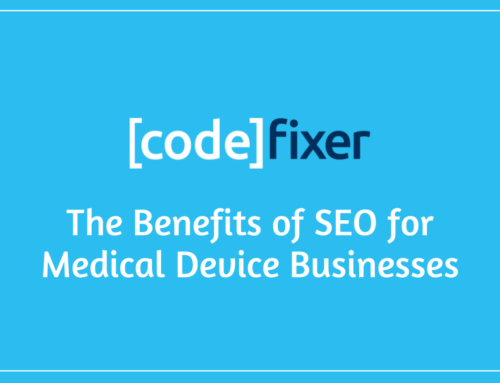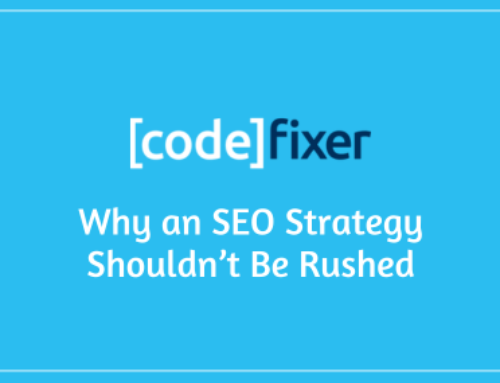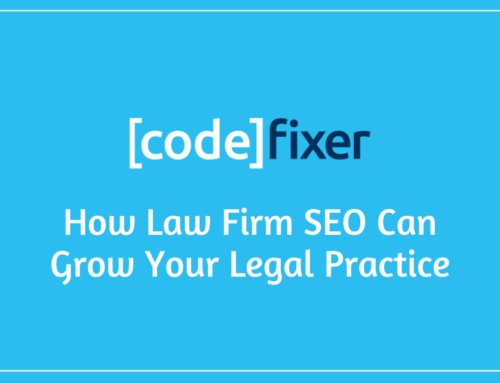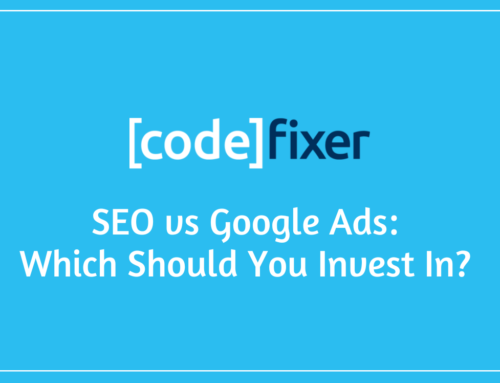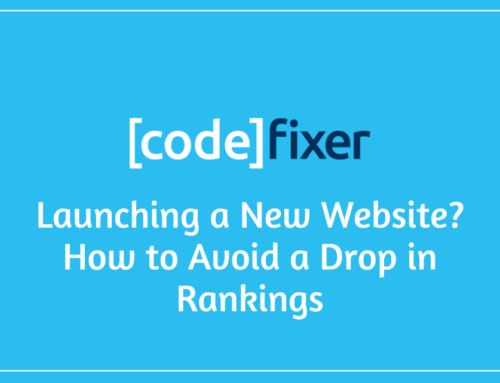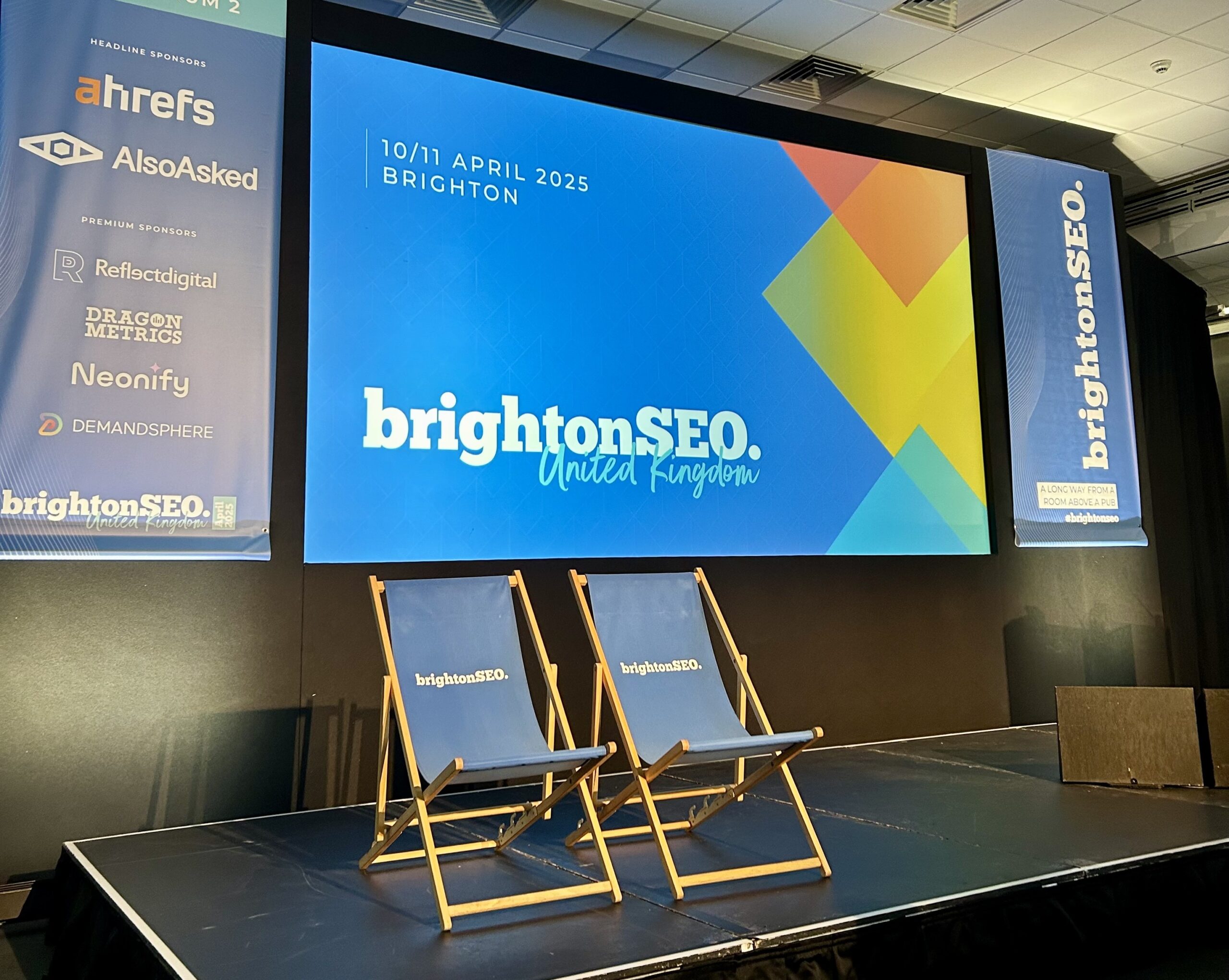
Photo of a large presentation screen at Brighton SEO
Last week, our SEO and Google Ads team attended Brighton SEO and Hero Conf 2025 for a chance to brush up on our knowledge and bring home new, actionable insights for our client projects.
With over 180 talks delivered across two jam-packed days, we were spoilt for choice!
Here’s a rundown of our favourite talks and speakers, with insights into what we learned from each…
Ray’s Takeaway – Automation and strategy transform SEO outcomes
This year’s BrightonSEO was packed with insightful talks, so many that it’s hard to cover them all. But a few really stood out to me, especially in how they challenged my thinking around automation and measuring SEO.
Rasida Begum – Calculating SEO opportunities through a technical lens
Rasida delivered a highly practical session on evaluating the revenue potential of technical SEO improvements. What stood out most was her structured approach to building business cases using data. The spreadsheet she shared for calculating revenue returns from fixes was particularly valuable, making it easier to communicate the financial impact of technical recommendations to stakeholders.
Jeremy McDonald – Automation, APIs & AI: the death and reinvention of SEO
Jeremy’s talk was excellent, both inspiring and hands-on. He demonstrated how AI and APIs can streamline time-consuming SEO tasks, like keyword clustering, content audits, and reporting. I found the focus on using automation to shift effort from execution to strategy fascinating.
Al Ward – SEO for headless commerce
Al gave an insightful, cautionary tale about the challenges of transitioning to a headless commerce setup without fully accounting for SEO. He shared real-world examples of traffic and revenue losses caused by mismanaged migrations, emphasising the need to integrate SEO considerations from the outset.
Daniel Foley – Query Counting for SEO –Why you need to be paying attention!
Daniel’s talk introduced a fresh approach to measuring SEO success by tracking the number of queries driving impressions to a page. This method offers a more nuanced way to assess improvements beyond just traffic or rankings. It’s especially useful for identifying content that’s broadening its reach in search.
Rachael’s Takeaway – Real human experience on product pages drive conversions, because authenticity sells
I really enjoyed Imogen Groome’s ‘Scaling UGC with AI: populate product pages with REAL reviews‘, which highlighted the influence of consumer reviews on buying behaviour. 70% of shoppers rely on reviews to make purchase decisions, and 62% use their phones in-store to check reviews.
In light of this, Imogen offered lots of tips on getting useful customer reviews…
- Ask for feature-specific reviews to get reddit-style responses. Questions like “How did these shoes hold up on long runs?” or “Have you noticed any skin changes since using the serum?” work well.
- Use autocomplete prompts like “I use this mostly for…” or “What I liked most was…” to guide reviewers to provide more useful and detailed feedback.
- AI can be useful to summarise and repurpose review content. Amazon is a great example; they use it to create a top-level summary from customer reviews.
- For customers who re-purchase the same product, schedule review request emails right after checkout to tap into purchase psychology.
Kate’s Takeaway – Better alt-text can drive better UX and sales
My favourite talk from this year’s Brighton SEO conference had to be Liam Cumber’s ‘What the f**k is alt-text, and how do you write it?’. As SEOs, we understand what alt text is, but we rarely do more than the bare minimum to satisfy Google. With more than 2.2 billion people being visually impaired, just satisfying Google isn’t enough.
Listening to Liam’s talk, the takeaways that I’ll be bringing to client projects are:
- If content is king, context is queen. Plainly describing what’s in an image does little for the reader. Striking the balance with context (how the image relates to the rest of the content) improves how a reader should be feeling when interacting with your content.
- Impairment isn’t black and white. We tend to think of someone as either impaired or not, i.e., it’s always permanent. But impairment can impact us – and your audience – even temporarily or situationally at any time in our lives. (A great situational example Liam gave was when images don’t load due to poor underground wi-fi.)
- Alt-text is an underrated selling opportunity. With nearly a quarter of the world’s population being visually impaired, descriptive, benefit-driven alt-text is an incredibly simple chance to attract an otherwise-neglected market. For instance, in the example below, understanding that the image depicts James Bond instead of just a well-dressed man can sell your audience’s dream of feeling like a suave, sophisticated gentleman.
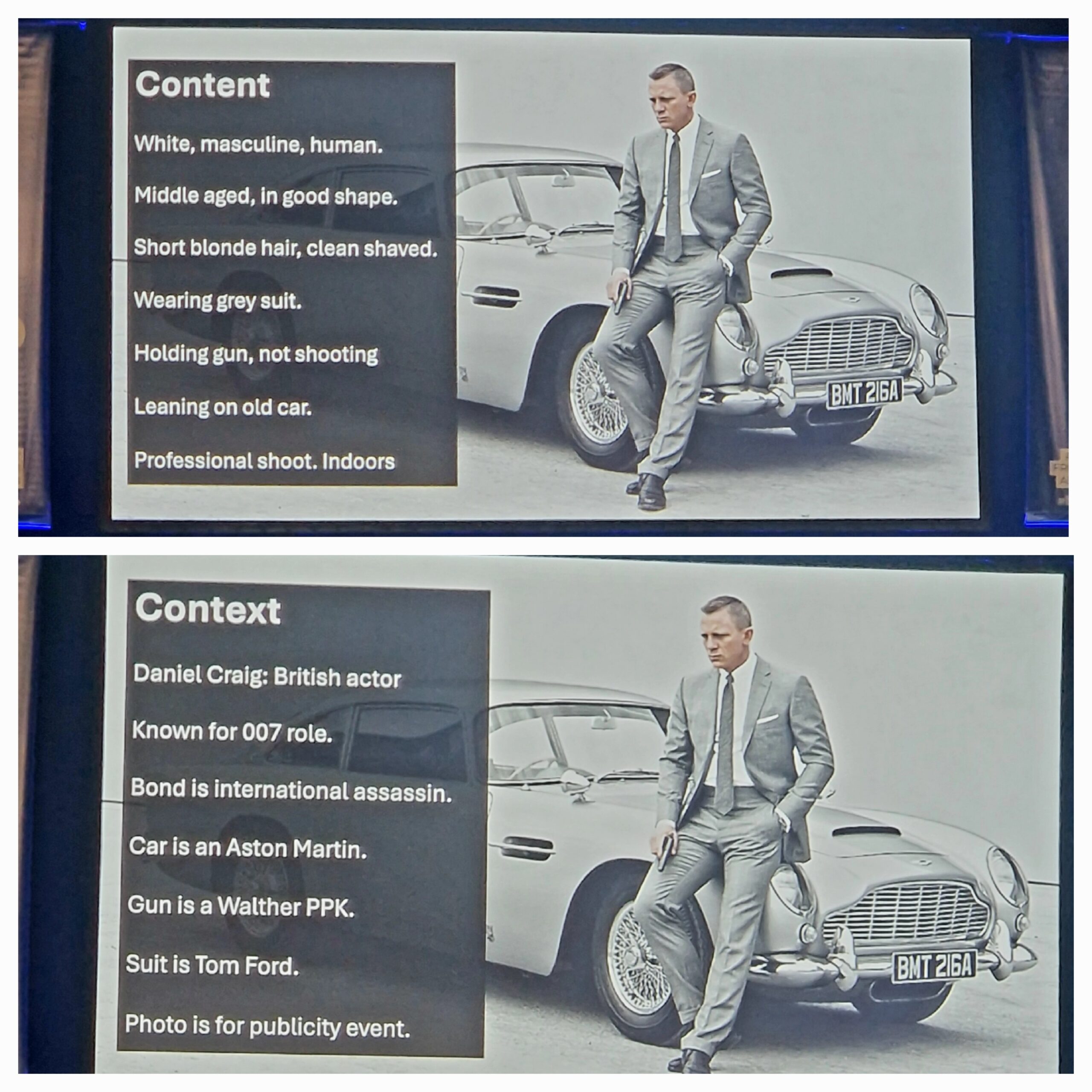
Content v Context alt-text descriptions comparison for the same James Bond photo.
Michael’s Takeaway – Align SEO and PPC to boost ROI and avoid paying twice through search cannibalisation
BrightonSEO this year featured some great talks. I was delighted that HeroConf was also there this year, so both our SEO and PPC teams could immerse themselves.
With that in mind, quite a few talks touched on closer collaboration between the SEO and PPC teams, including strategies to avoid search cannibalisation. Chris Ridley of Evoluted gave a very insightful talk titled ‘Stop paying twice: how to eliminate search cannibalisation and maximise ROI’.
Another very relevant talk was Hannah Strong’s talk on ‘Shop local: utilising Google Ads to grow your local business’. This was super relevant as we are working on it with a client. It covered driving footfall into e-commerce stores and touched on PMax, Google Maps, Local Inventory Ads, Store Visits, and eligibility.
There were a number of PMax campaigns, including Duane Brown’s talk on ‘Google Ads audits for ecom: you’re lighting money on fire!’ with advice on breaking down the campaigns by brand, category/product, and margins – the usual suspects. And not rely solely on a catchall Pmax with a limited budget to work for relatively small budgets. Focus on your best sellers and best-selling brands, and spend your money here. Remember the 80:20 rule. Another of the biggest levers to pull is still optimising your mobile UX.
Other talks covered psychology in ads, conversion tracking with rubbish in and rubbish out, and making sure your conversion tracking and data product is as clean as possible.
Lastly but not least, we got to attend Anna Lewis’s ‘The Ultimate GA4 Audit, ‘ a super quick checklist on how to set up and configure GA4.
Ethan’s Takeaway – Mindset matters more than demographics when it comes to CTR
In Sarah Pakorna’s ‘Mindset-based targeting – achieving 5x more with 5x less content‘, one idea really stuck out: people don’t just click because of who they are, but because of how they think. Though this was an SEO talk, I think the takeaways apply to Ads; Ads that align with a person’s mindset (Fixed or Growth) are far more likely to get engagement.
I’ll be keeping this in mind when writing ad copy:
- Fixed-mindset audiences want fast results and proven success. That means using expert, polished language like “Get certified in days”, “Trusted by professionals”, and “200% faster results”.
- Growth-mindset audiences are drawn to learning and exploration. They respond better to process-focused language like “Explore new ways to grow” and “Learn from real stories”.
- Ryanair is a good example of a company that targets the fixed mindset: “We’ll get you there for less”. Conversely, Nike is an example of a company that taps into a growth mindset with the slogan “Find your greatness”.
Final Thoughts on the Brighton SEO & Hero Conf 2025
All in all, Brighton SEO and Hero Conf was a great experience, teaching us valuable insights to bring to our SEO and Google Ads services and creating another opportunity to become an even tighter team. Plus, the glorious weather made everything even better – can’t beat seaside fish ‘n’ chips on a sunny day!
If you or your team want your business to outshine your competitors with the latest digital marketing trends, call or email us today.

